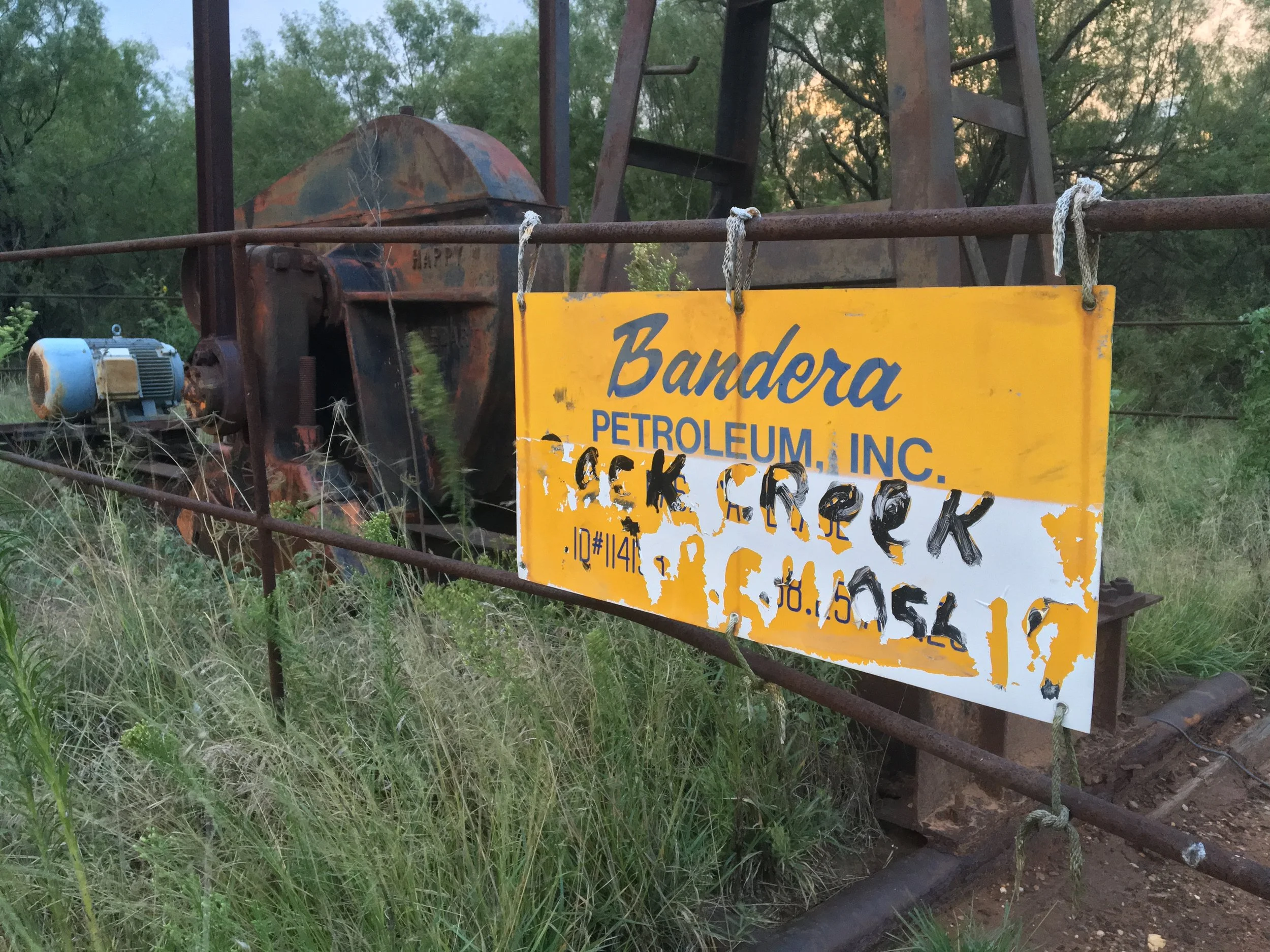Non-Profit
Supporting the Public Good with Research, Education, and Tax Deductions for Sequestration
Purvis Energy Advisors has established an adjunct non-profit named “Megasequestration Center and Repository” to support the transition of oil and gas.
Megasequestration can accept tax-deductible donations of carbon offset credits and permanently retire them for the public benefit.
The non-profit can also become the vehicle for broad-ranging research to support industry, the public and policy-makers.
If you are interested in donating credits or supporting research for the public good, please reach out to us.
Our Purpose: Serve the Public Good
Megasequestration was formed to inform the oil and gas industry as well as the general public about the urgent need to reduce emissions and embrace the energy transition. It’s our mission to show the oil and gas industry that it already possesses the requisite assets, technology, people, and skills necessary to implement sustainable forms of energy and that reducing emissions better serves the energy needs of the world around us.
In addition to environmental pressure, U.S. producers face a terminal decline in conventional resources and shrinking opportunities in shale plays. Operators must navigate lower emissions, lower productivity, and near-term decommissioning costs. With the support of generous donors and in collaboration like-minded doers within and outside of the oil industry, Megasequestration aims to help individuals, leaders, and policymakers adapt and survive while improving lives for generations to come.
How Megasequestration Center and Repository Is Helping Drive Change & Confidence
Research
Operating as a “think tank,” we engage in original research and analysis of issues related to the retirement of existing oil and gas assets and the transition from nonrenewable energy sources to sustainable energy.
Industry Engagement
We host educational webinars, write articles, and speak to oil and gas organizations to deepen understanding of the need for the energy transition, navigate its challenges, and advance its opportunities.
Policy Making
We team up with environmental and industry organizations to bring policymakers a richer and more actionable understanding of the issues facing the oil and gas industry.
Public Awareness
We host short-term training courses, lead webinars, and participate in Carbon Expo.us to help organizations better understand the need for energy transition, navigate its challenges, and advance its opportunities.
Repository for Retired Industrial Carbon Sequestrations
We accept donations of carbon sequestration credits from investors, speculators, and CCS developers so that retirement of the credits can become a tax deduction.
Our Research Focus
An explanation of climate science and projection methodologies using language and analogies from the oil and gas industry that the audience can understand.
The economic perils of paying for retirement of late life oil and gas assets, om unplugged wells.
Research into the industry of carbon capture and sequestration.
Oil and gas emissions from venting, flaring, and failure of unplugged wells
Demand and price outlook for oil and gas including the outlook for peak oil and gas demand necessary to curtail emissions.
Relative emissions among U.S. domestic producers and international suppliers.
Meet Our Board of Directors
Rob Schuwerk
Director of Research, Polluter Pays Project
Trained at Yale Law and having worked for a white shoe firm on securities issues, Rob has now spent a decade working for the environmental non-profit CarbonTracker at the intersection of corporate finance and the energy transition. Rob co-authored seminal reports on unfunded liabilities in the oil and gas industry.
Dr. David Cross
Former Director of a Non-Profit Institute
Dr. David Cross began as a researcher, professor, and department head at Texas Christian University. In the last 15 years, he co-founded and co-lead an institute to operationalize the unique research insights into better outcomes for children.
Dwayne Purvis, P.E.
Founder of Purvis Energy Advisors & Megasequestration Center and Repository
Dwayne spent nearly 30 years as a petroleum engineer, entrepreneur and executive before re-training in sustainable energy at Johns Hopkins University. He now enjoys analyzing the same kinds of difficult problems and using those insights to create strategies for the public good.
Support Change in the Oil and Gas Industry
These non-profit, public-welfare efforts require support to create insights and to disseminate them, and we are looking for partners across the spectrum. Please click below to reach out if you would like to support our work creating and sharing actionable insights for a better world.











